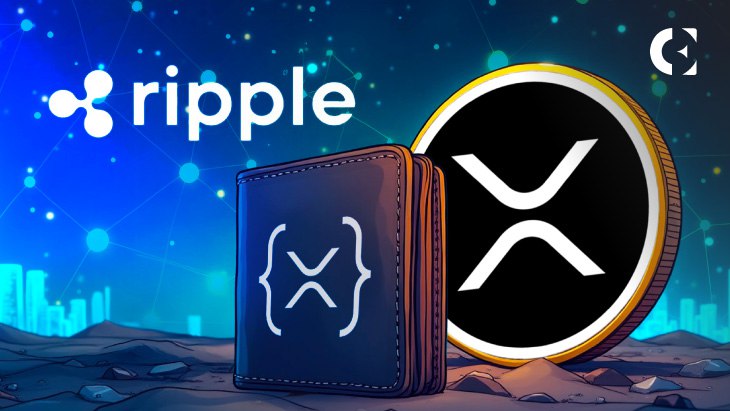- SWIFT CIO says that legal survival doesn’t equal resilience for payment providers.
- Zschach questions whether banks will trust XRP over stablecoins or tokenized deposits.
- Ripple pushes blockchain speed, but SWIFT relies on trust and proven governance.
The competition between SWIFT and Ripple has intensified as SWIFT’s Chief Innovation Officer, Tom Zschach, questioned whether businesses will trust Ripple following its SEC lawsuit resolution. Zschach’s comments came during a LinkedIn discussion where a user praised Ripple’s regulatory persistence.
Zschach argued that surviving legal challenges does not constitute genuine resilience for financial infrastructure providers. Instead, he emphasized that institutions require neutral and shared governance structures before adopting new payment technologies, suggesting that regulatory survival alone cannot guarantee business confidence.
Governance and Trust Concerns
The SWIFT executive outlined specific concerns about XRP adoption among traditional financial institutions. Zschach questioned whether banks would feel comfortable utilizing XRP since the token lacks regulatory classification as money and does not appear on institutional balance sheets.
Legal enforceability presents another challenge, according to Zschach’s analysis. He suggested that final settlement guarantees remain uncertain in cases of system disruptions, creating potential risks for institutions considering XRP integration.
Zschach posed a critical question about the economic rationale for XRP usage: “If tokenized deposits and regulated stablecoins scale, why would banks pay a toll to an external asset when they can settle directly in instruments they already control and trust?”
This perspective highlights the fundamental tension between established financial infrastructure and blockchain-based alternatives. SWIFT leverages over 50 years of institutional trust and neutral governance structures that have proven reliable for global financial institutions.
Ripple And Swift Ramp Up Expansion Strategies
Ripple offers technical advantages through XRP Ledger and RippleNet, providing faster and more cost-effective cross-border transaction processing. However, investor reactions remain mixed due to concerns about Ripple’s centralized control over the technology and token distribution.
Both organizations have pursued aggressive expansion strategies recently. Ripple acquired payments company Rail for $200 million and submitted applications for a US national bank charter to increase regulatory legitimacy.
SWIFT has adopted a different approach, actively testing integration with public blockchains including XRP Ledger and Hedera. These trials assess whether distributed ledger technology can complement SWIFT’s existing global messaging network rather than replacing it entirely.
The competition suggests different paths forward for cross-border payments. Ripple may advance faster in pure blockchain adoption, while SWIFT maintains advantages in institutional trust and established relationships that have sustained global financial communications for decades.
Related: Ripple’s RLUSD Challenges USDT’s Dominance in Africa
Disclaimer: The information presented in this article is for informational and educational purposes only. The article does not constitute financial advice or advice of any kind. Coin Edition is not responsible for any losses incurred as a result of the utilization of content, products, or services mentioned. Readers are advised to exercise caution before taking any action related to the company.







